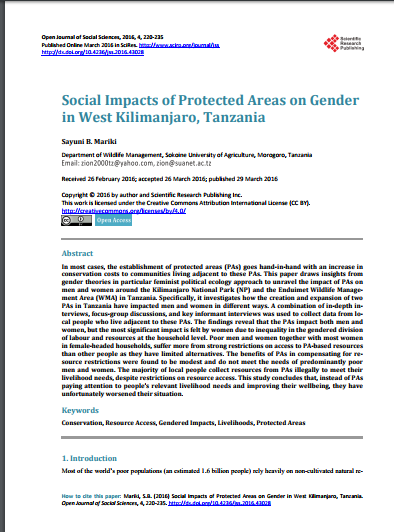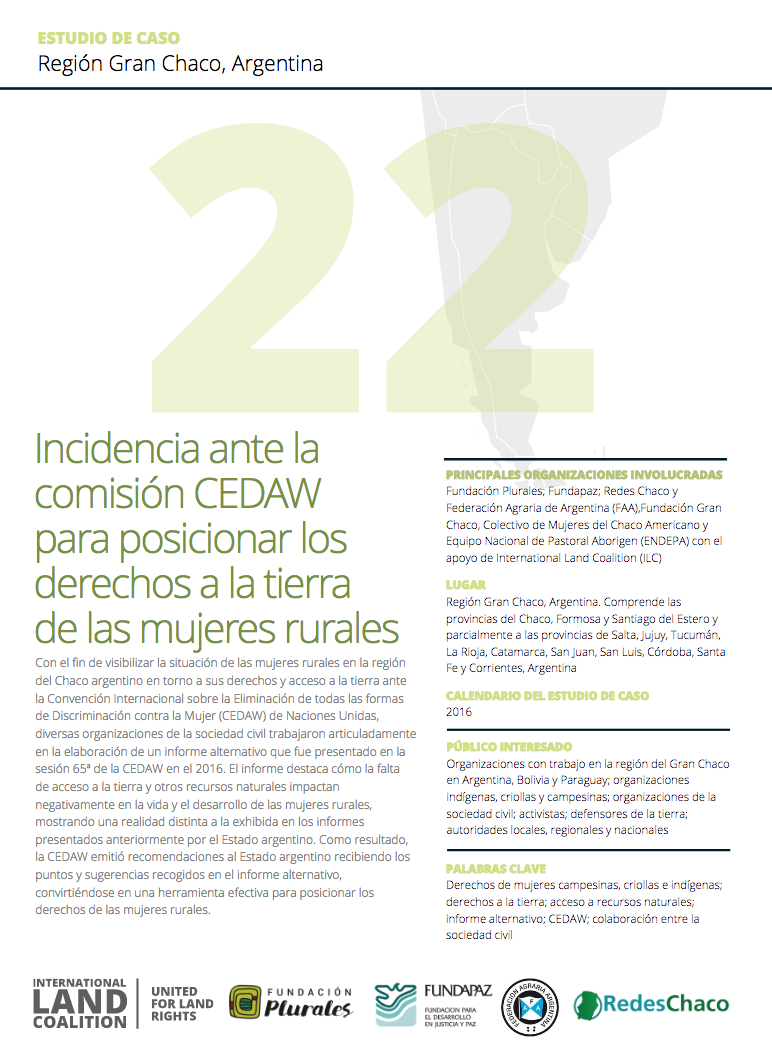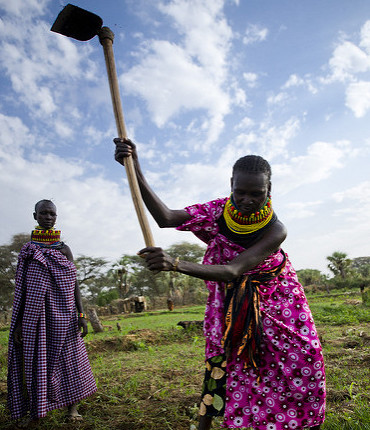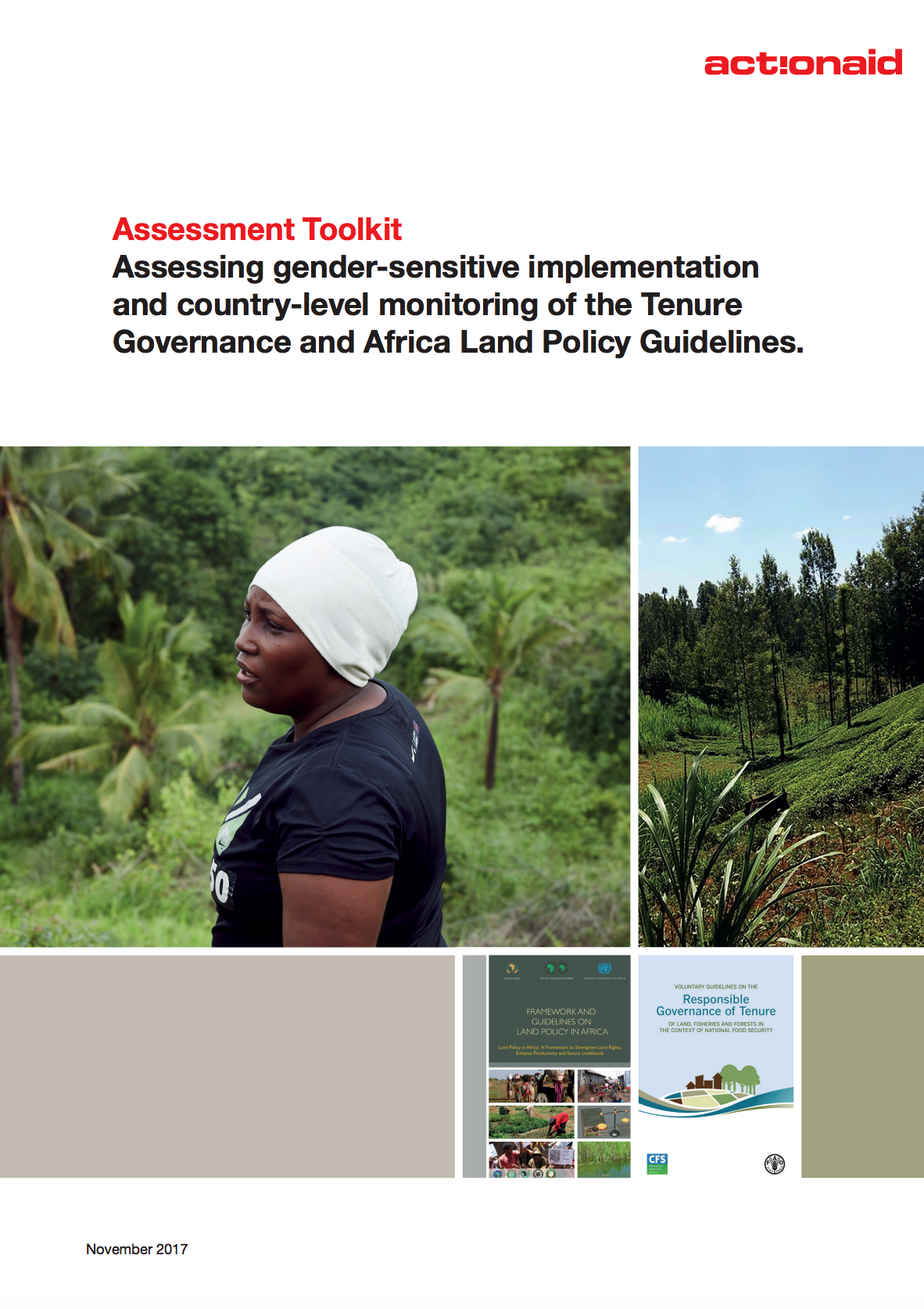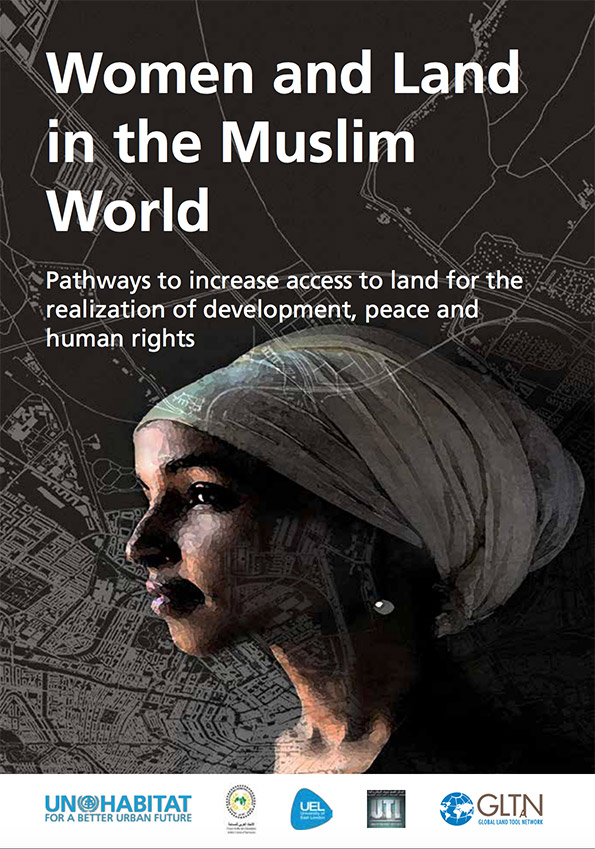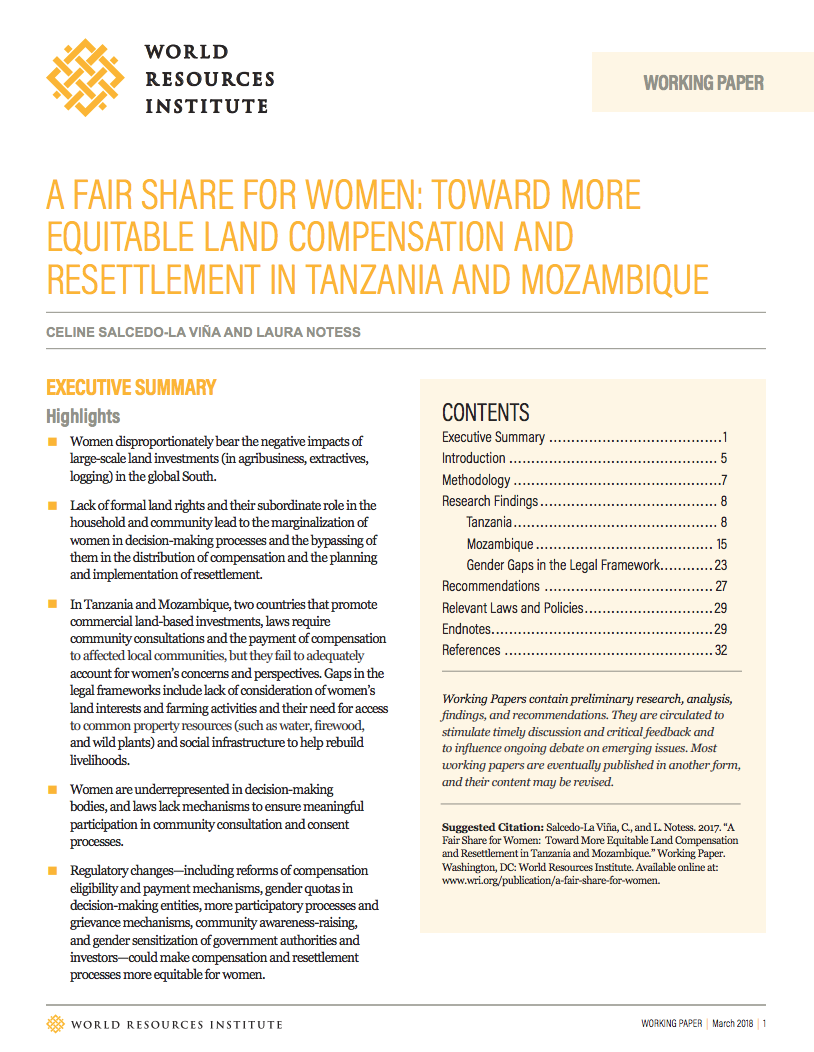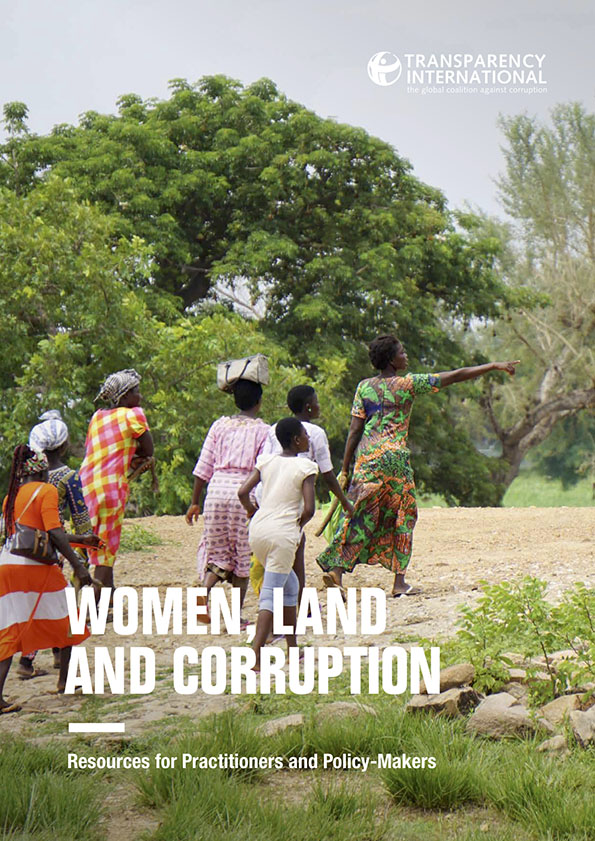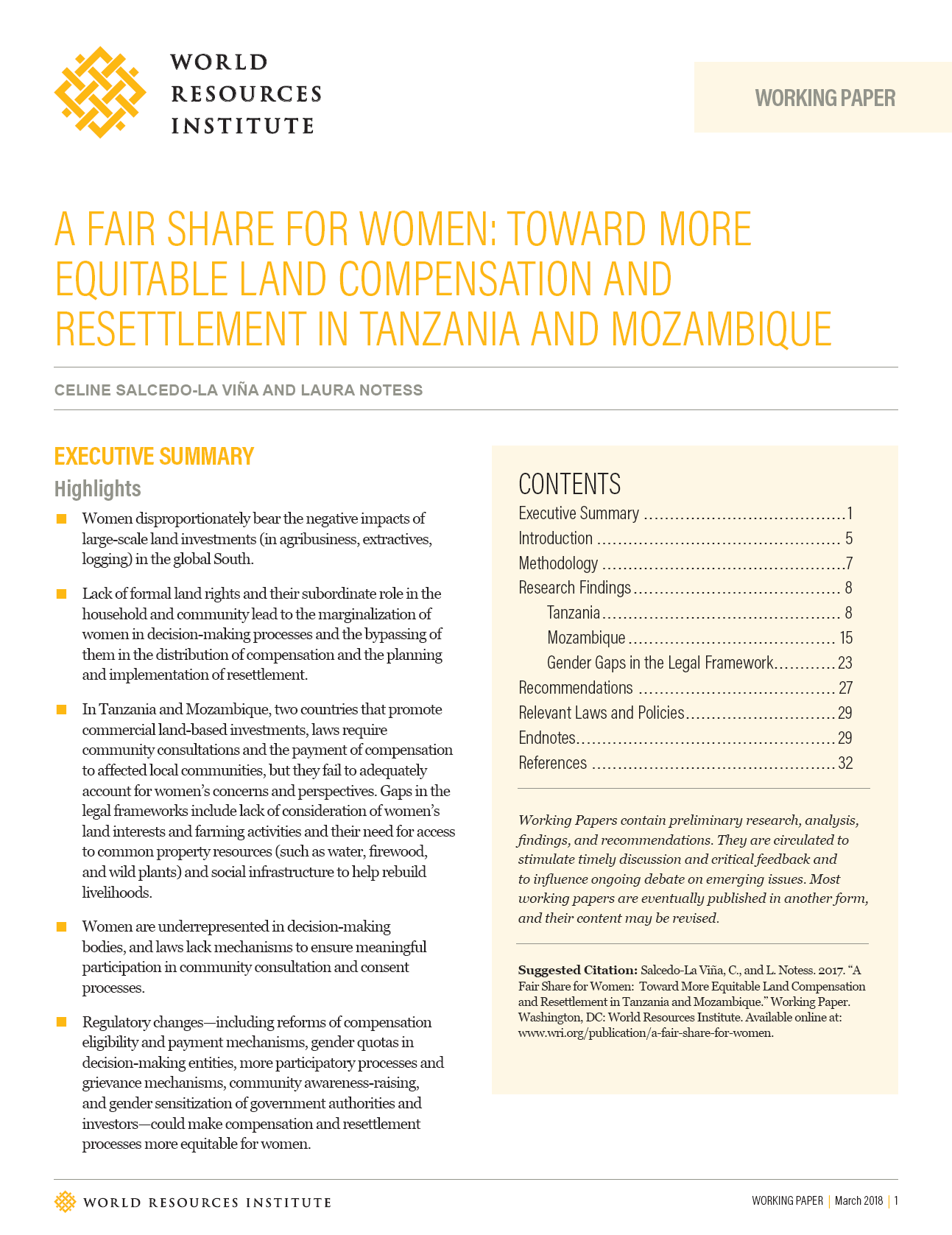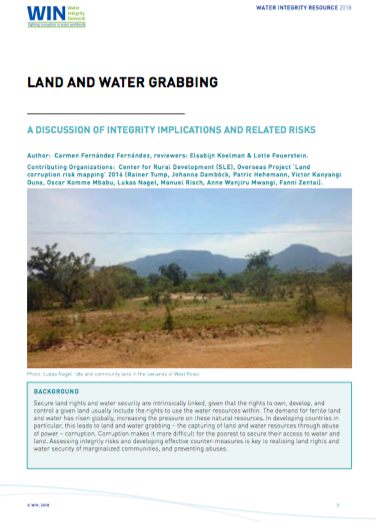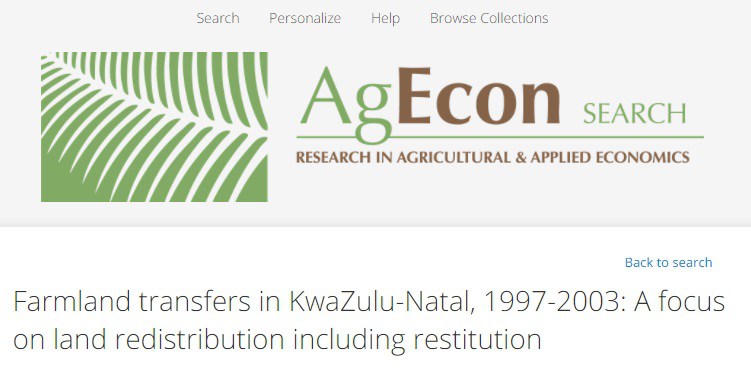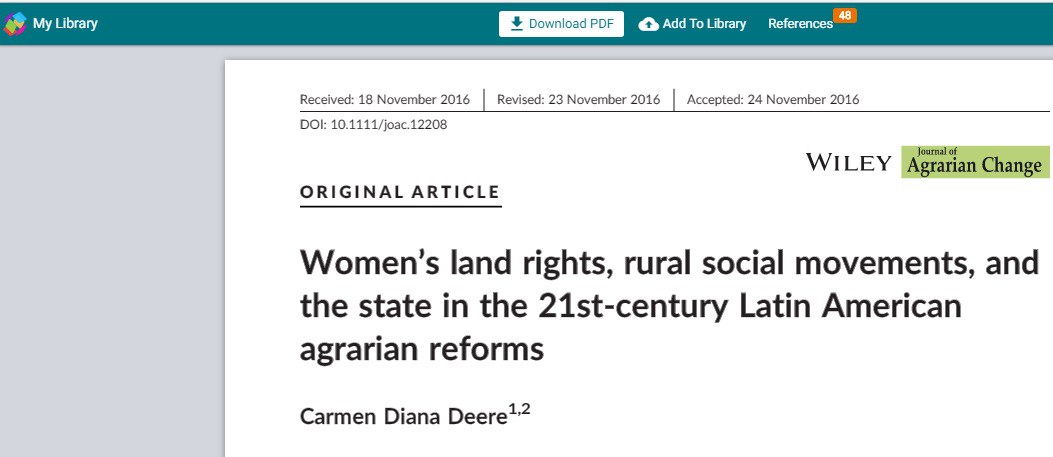Engendering Access to Justice Grassroots women’s approaches to securing land rights
This report presents grassroots women’s approaches to access justice with focus on land and property rights in Africa. This community empowerment-based research undertaken by the Huairou Commission and its partner groups across seven African countries – Cameroon, Ghana, Kenya, Tanzania, Uganda, Zambia and Zimbabwe – showcases women’s rights challenges and effective strategies to improve women’s access to justice.


